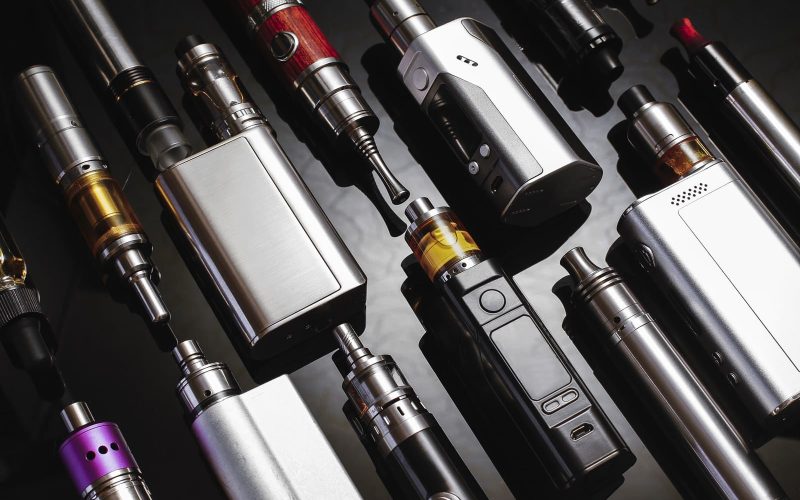Introduction
As vaping becomes more prevalent, many fitness enthusiasts and athletes are questioning how it might impact their workout routines and overall physical performance. While vaping is often seen as a less harmful alternative to smoking cigarettes, its effects on exercise capacity and fitness levels are worth exploring. This article delves into the current understanding of vaping’s impact on fitness, based on the latest research and expert insights.
Understanding the Effects of Vaping on Exercise
Vaping introduces various substances into the lungs, including nicotine, flavorings, and other additives, which can have physiological effects that might influence exercise performance.
1. Cardiovascular Impact
Nicotine, a common ingredient in many e-liquids, is a stimulant that can raise heart rate refillable vape pen and blood pressure. These effects can potentially reduce exercise tolerance, particularly in cardiovascular activities like running or cycling. Furthermore, there is evidence suggesting that vaping can cause short-term vascular constriction, potentially impacting blood flow and oxygen delivery during intense workouts.
2. Respiratory Effects
Although vaping does not produce tar like cigarettes, it can still affect lung function. Some studies suggest that inhalation from refillable vape pendevices can cause airway irritation and inflammation, which might compromise lung capacity and gas exchange efficiency, crucial for high-intensity or endurance-based activities.
3. Energy Levels and Recovery
Nicotine has been shown to affect sleep patterns, potentially reducing the quality of rest. Adequate sleep is crucial for recovery and performance in fitness. Poorer sleep can lead to decreased energy levels and impaired recovery, affecting overall athletic performance.
4. Hydration and Vape
Vaping is thought to potentially dehydrate the body due to the hygroscopic nature of propylene glycol and vegetable glycerin, which absorb moisture. Dehydration can severely impact physical performance and recovery, making it crucial for vapers who are active to increase their water intake.
Comparing Vaping and Smoking in Relation to Fitness
While smoking cigarettes has a well-documented negative impact on fitness levels, including reduced lung function and poor heart health, the effects of vaping are generally less severe but still significant. Vapers might experience a lesser degree of these issues compared to smokers, but the ideal scenario for optimal fitness and health is the absence of inhaling any substances.
Practical Tips for Vapers Who Exercise
- Monitor Hydration: Increase your water intake to counteract the potential dehydrating effects of vaping.
- Observe Your Body’s Response: Pay attention to how your body responds during workouts if you vape. If you notice symptoms like shortness of breath or decreased performance, consider reducing your refillable vape penusage, especially around workout times.
- Consider Nicotine-Free Options: If you must vape, using nicotine-free e-liquids could potentially reduce some negative impacts on your fitness regimen.
- Consult Health Professionals: Speak with a healthcare provider about the best ways to manage vaping if you are committed to maintaining or improving your fitness levels.
Conclusion
While the impact of vaping on fitness is not as detrimental as smoking, it is not without potential drawbacks. Those engaged in regular fitness activities should be aware of these effects, particularly concerning cardiovascular health, lung function, and overall energy levels. Ultimately, the best choice for health and performance is to avoid inhaling substances that can harm the body. Choosing to reduce or quit vaping can significantly benefit your fitness and overall well-being.
